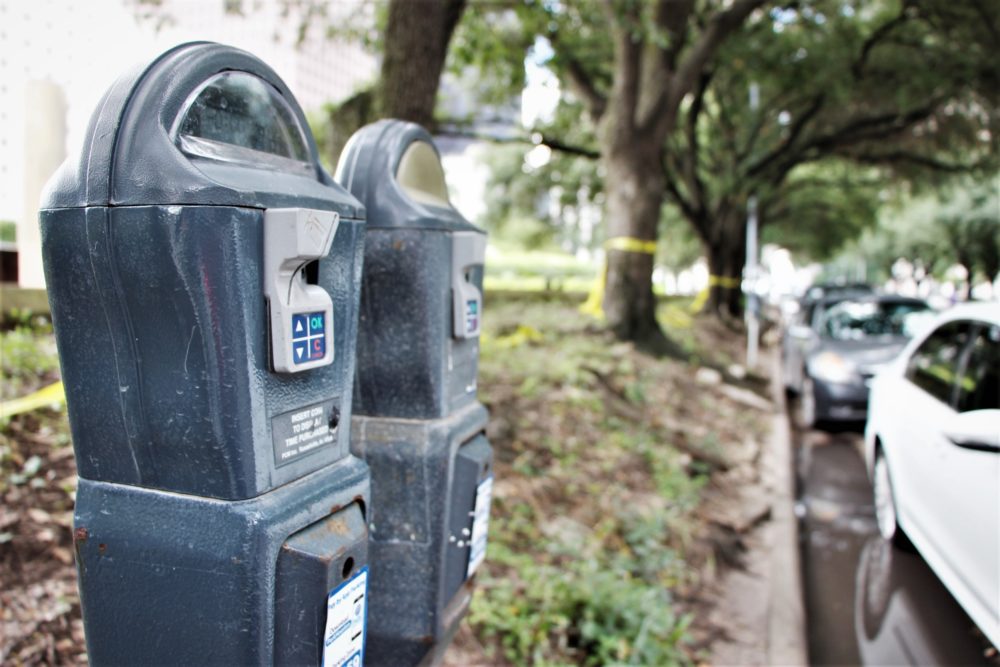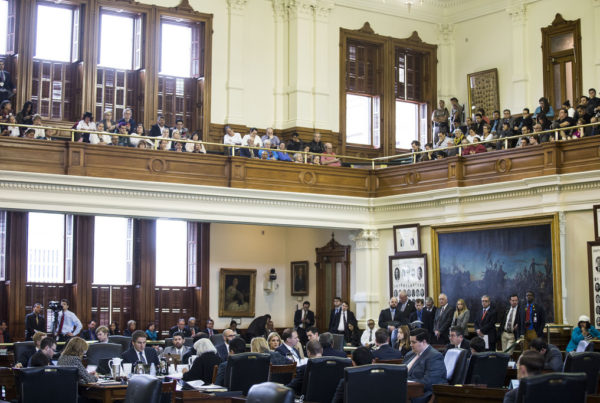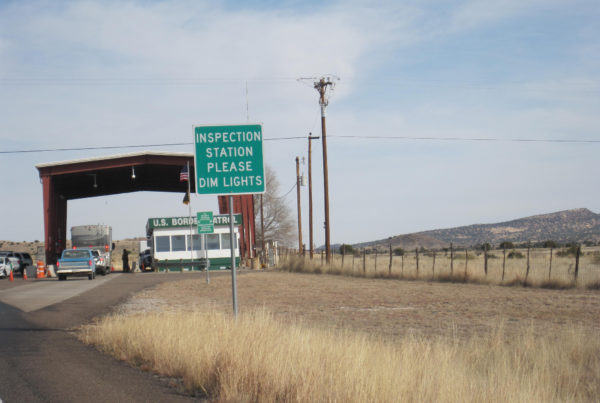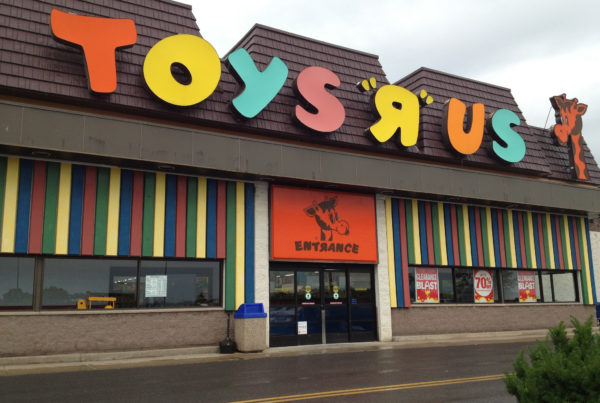By one estimate, greater Houston will surpass 10 million people by 2040 – that would mean an extra three million or so people in the region. But so many additional cars for all those people won’t necessarily mean extra parking spaces.
“Buildings aren’t built for today. If you’re doing your job right, you’re trying to think about How is this going to be a good investment over 25 to 50 years?” says David Mincberg, chief executive officer of Flagship Properties Corporation, a company that invests in commercial real estate.
He’s also chairman of Houston First, which operates the underground parking for the City of Houston, among other things like the George R. Brown Convention Center and Jones Hall.
Mincberg says parking needs are changing because how people get around is changing.
“As rail expands in Houston, Texas, as you have more people, and more people, and more people using Uber and Lyft, and perhaps autonomous driving vehicles in the near future – near future being a decade; a decade for a building is not very long,” Mincberg says. “And what’s the sweet spot of, What should a developer investor do, and, What should a municipality require?”
How the city is responding to evolving developments
City officials are already considering how to manage Houston’s growing population.
“We have to figure out ways to get cars off the streets,” says Houston Mayor Pro-Tem Ellen Cohen.
She is also the council member for District C, which includes updated parking systems for bustling areas like Washington Avenue and Montrose.
“We have to be able to bring people into Houston by buses, light rail, integrated transportation. And how can we do that so that people aren’t driving cars with one person behind the wheel?” Cohen says.
Cohen says parking regulations have been changing, and the city has been testing out less of them in midtown.
“Instead of having regulations requiring restaurants, for example, to have X number of spaces available, we’re piloting the idea – which is presently going on downtown – but [also] in midtown, where you don’t have to have X number of parking spaces. You come to the restaurant, you can park on the adjoining streets. That type of thing. So that it just leaves it more open for people to park wherever they can,” Cohen says.
“A third of his residents in this new apartment didn’t have a car at all”
Market needs have led downtown Houston to be exempt from parking restrictions for years, says Andy Icken, chief development officer for the City of Houston. He says changes in development have led to changes in parking needs in Midtown as well.
“Someone has built a new multifamily project in Midtown, which largely has people that rent apartments. And they’ve instituted a process of one car per apartment unit, and they’ve actually agreed to buy it back from the individual,” Icken says. “So, what that owner told me is he found about a third of his residents in this new apartment didn’t have a car at all. So, if he can afford it, and make that happen, and sell that parking space to others who’d have it, that would make good economic sense.”















